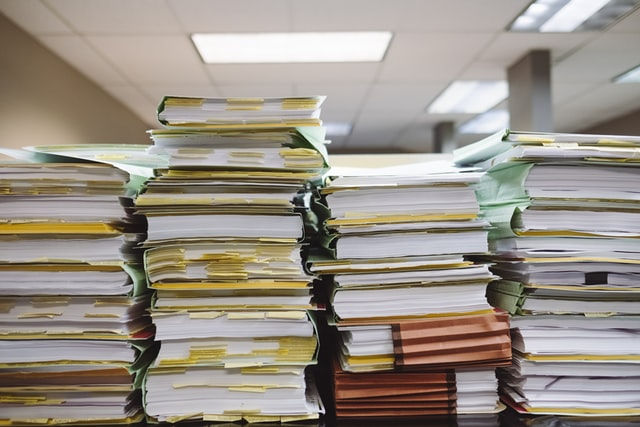Document Notarisation in the UK – Why is It a Crucial Procedure?
- apostilleser
- Sep 22, 2025
- 2 min read
When you need to prove the authenticity of a document in the UK or abroad, notarisation is often the key step. But what exactly does it mean, why is it important, and who actually needs it? Let’s break it down. Document notarisation is the process of having a qualified notary public verify and certify a document. This may involve:
· Confirming the identity of the person signing.
· Ensuring the person understands the content and is signing voluntarily.
· Attaching a certificate that confirms the document’s authenticity.

Unlike a solicitor’s certification, notarisation carries international recognition, making it essential for legal and official use across borders. Notarisation is more than a formality. It plays a vital role in:
· Preventing Fraud – It ensures that signatures, identities, and documents are genuine.
· International Acceptance – Many foreign authorities, courts, and institutions won’t accept UK documents unless notarised.
· Legal Certainty – A notarised document carries greater evidential weight in disputes.
· Regulatory Compliance – Certain transactions simply cannot proceed without notarisation (e.g. powers of attorney for overseas use).
In short, notarisation adds credibility, protection, and legal validity.
Who Needs Document Notarisation?
Not everyone will come across notarisation in daily life, but for certain individuals and businesses, it’s unavoidable.
· Immigration and visas – Providing notarised copies of passports, birth certificates, or academic qualifications.
· Marriage abroad – Supplying notarised proof of single status or divorce documents.
· Property transactions overseas – Signing powers of attorney or contracts for property purchases or sales.
· Education and employment – Verifying qualifications and references for international applications.
Document Notarisation for Businesses
· International trade – Certifying commercial contracts, invoices, and shipping documents.
· Company documents – Notarising certificates of incorporation, resolutions, or board minutes for use overseas.
· Cross-border litigation – Authenticating documents submitted to foreign courts.
· Intellectual property – Certifying patent or trademark applications outside the UK.
Notarisation vs Legalisation – Are They the Same?
It’s easy to confuse notarisation with legalisation or apostille services. Here’s the difference:
Notarisation – The notary certifies the document.
Legalisation (Apostille) – The Foreign, Commonwealth & Development Office (FCDO) or a foreign embassy confirms the notary’s authority.
Often, documents require both steps before they are valid abroad.
Document notarisation in the UK is not just a box-ticking exercise. It’s a safeguard against fraud, a way of ensuring international recognition, and often a legal necessity for individuals and businesses alike. Whether you’re moving abroad, signing an overseas contract, or expanding your company internationally, a notary’s seal can make the difference between acceptance and rejection.



Comments